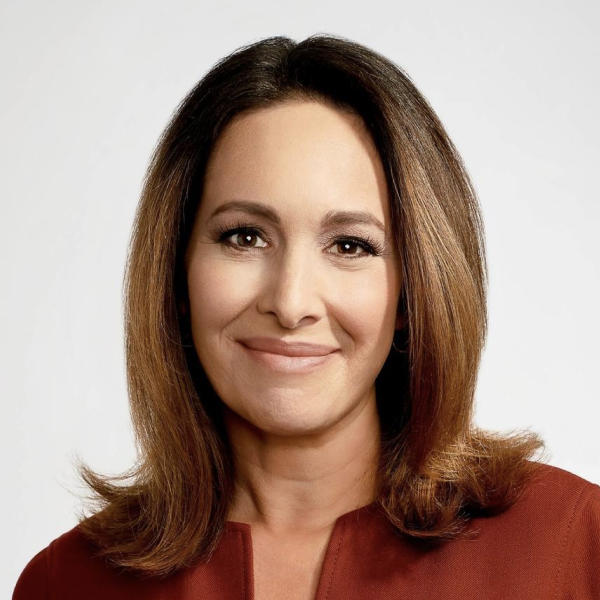How Many Troops Should Be in Afghanistan?
Paying tribute to the victims of Sept. 11, President Obama urged Americans not to lose faith in the mission it sparked.
"Let us renew our resolve against those who perpetrated this barbaric act and plot against us still," Mr. Obama said.
But as Mr. Obama considers sending more troops to Afghanistan, his own party is balking. Friday, the Senate Armed Services Chair Carl Levin implored him not to order more deployments, but to focus instead on training the Afghan army and police, reports CBS News correspondent Nancy Cordes.
"We need a surge of Afghan security forces," Levin said.
House Speaker Nancy Pelosi sent a similar message to the president.
"I don't think there is a great deal of support for sending more troops to Afghanistan in the country or in the Congress," Pelosi said.
The misgivings in the President's own party reflect a growing national pessimism amid record casualties there.
A recent found approval for the president's handling of the war has sunk to 48 percent - down 8 points since April.
"We need to have the Afghan security forces demonstrate that they have primacy, that they can control the situation on the ground," said Karin Von Hippel, a senior fellow with the Center for Strategic and International Studies.
Twenty-one thousand additional U.S. troops will deploy there this year - 4,000 of them tasked with training Afghans, driving total troop levels up to a new high: 68,000.
Levin says sending more than that will just provoke the enemy.
"Creating a bigger U.S. military footprint provides propaganda fodder for the Taliban," Levin said.
Republican Sen. John McCain shot back that arbitrarily capping U.S. troop levels would be "catastrophic."
Worried that a Democratic uprising could embarrass the president, the Senate majority leader called for patience.
"I think the thing I am going to do is recommend to my caucus is let's just take it easy," said Harry Reid.
The White House says a decision on troop levels is many weeks away and that the president is mulling over recommendations from the top general in Afghanistan and other military leaders.
